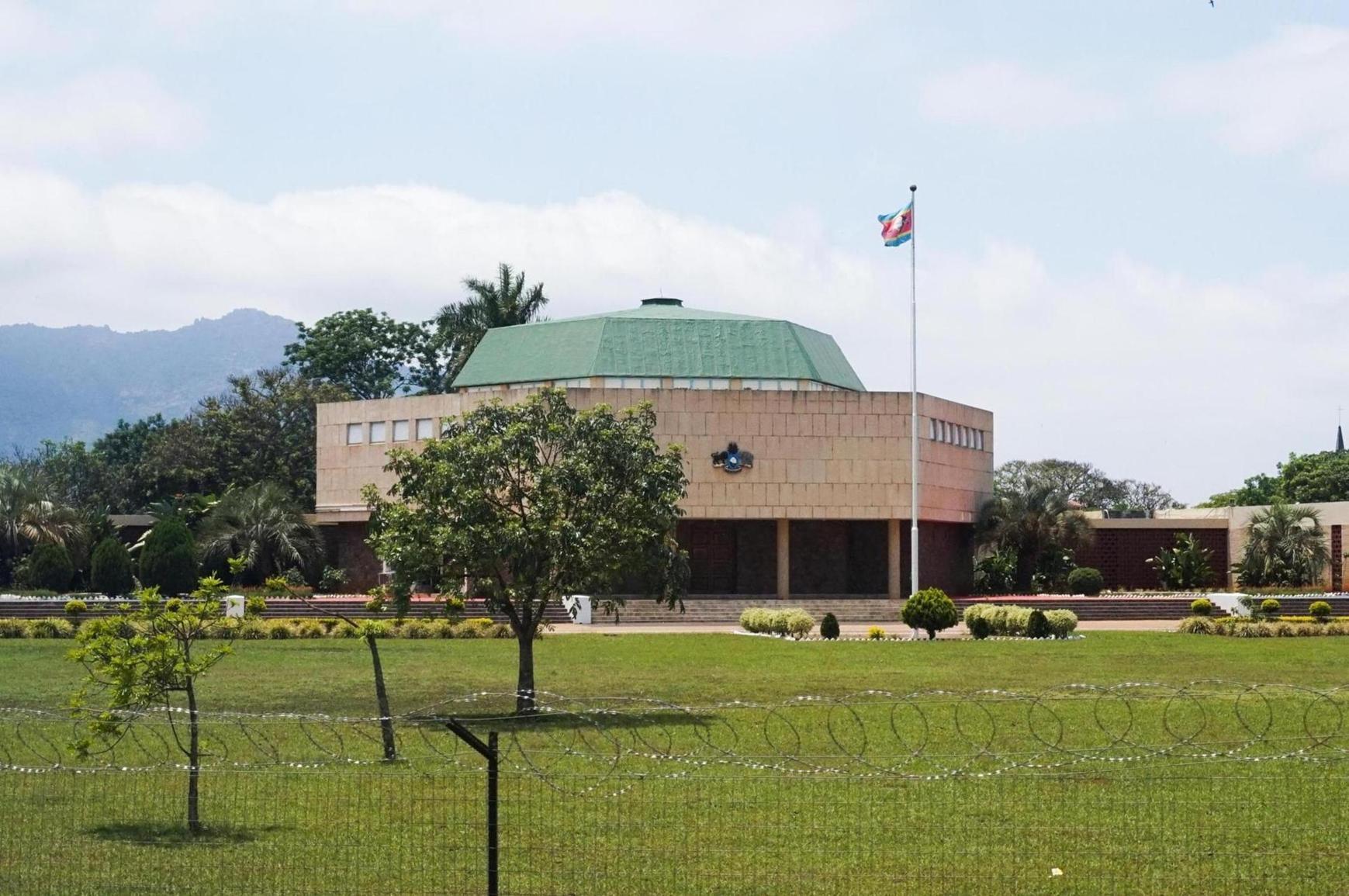Africa-Press – Eswatini. As a result of the political unrest in the country in 2021, the incoming politicians will receive E200 000 to cover security facilities in their residential homes.
This is stipulated in Finance Circular No. 2 of 2023, which constitutes the terms and conditions of service of parliamentarians, designated office bearers of the 12th Parliament and the attorney general (AG). The E200 000 allocated to all politicians, according to the circular, is a 100 per cent increment from Finance Circular No.2 of 2013, which stated that all parliamentarians were eligible to apply for loans up to E100 000 to cover for security facilities in their residential homes. The revised circular states that in 2021, the Kingdom of Eswatini saw a shift in the country’s security landscape, following the civil unrest in May/June 2021.
Adequate
It stated that it was the view of the Commission that the national commissioner (NATCOM) of the Royal Eswatini Police Service (REPS) remained ultimately responsible for ensuring adequate security within the kingdom. The circular states that the office of the natcom shall also conduct an evaluation of the private residence of all parliamentarians, designated office bearers and provide them with a report, setting out the required security upgrade for the private residences. “All parliamentarians and designated office bearers are eligible to apply for loans up to E200 000 to cover security facilities in their residential homes. The loan will be sourced in line with the Civil Service Home Loan Scheme negotiated by the government with various local banks. The loans are payable back over a period not exceeding the term of office of the parliamentarians or designated office bearers,” reads in part the circular.
Furthermore, it states that in addition to the security risk assessment, conducted in consultation with the country’s intelligence agencies, the NATCOM would also hold consultations with the Ministry of Public Service, to agree on the personnel complement, to address the security needs on the ground. Also, it states that the NATCOM, in consultation with the country’s intelligence agencies, shall assess, on a continuous basis, the risk to the prime minister’s (PM)life and that of the deputy prime minister (dpm) and provide the necessary security required to protect them commensurate with their status. It states that this assessment and provision of security shall be made available to the PM and DPM, based on the security risk beyond their term of office.
Private
The circular further states that the security will be provided at both the official and designated private residence of the PM and the DPM. On the other hand, the new terms and conditions of service of parliamentarians, designated office bearers of the 12th Parliament and the AG, states that presiding officers, Cabinet ministers and regional administrators, shall each be allocated two night watchmen or a security firm. Also, the circular states that in line with global practice, government shall provide official residences to the PM, DPM and regional administrators. “Where an official government residence is provided, it will be mandatory that the political office bearers occupy the government residence. In line with the Constitution of Eswatini and to more effectively co-ordinate government programmes and projects and improve service delivery under the Tinkhundla System of Government, it will be important for the regional administrator to be provided with an official residence and reside in the region in which they are assigned,” reads in part the circular.
It states that in the event that an official residence was not immediately available for the PM, DPM or regional administrator, government shall develop a framework for providing the accommodation. This framework, it states, will facilitate the construction of government-owned accommodation in readiness for the 13th Parliament. As such, in these cases, the circular states that where the accommodation was not immediately available, these political office bearers can designate a privately-owned residence for use as an official residence when taking up office. “A housing allowance will be paid in the interim. In the case of regional administrators, the private residence shall be within their region to promote service delivery and efficacy.” Also, Cabinet ministers may also be provided with government housing. Thus, it states that these political office bearers may occupy, for official purposes, one government-owned residence and in such instances, they will not be eligible to claim housing allowance.
For More News And Analysis About Eswatini Follow Africa-Press







